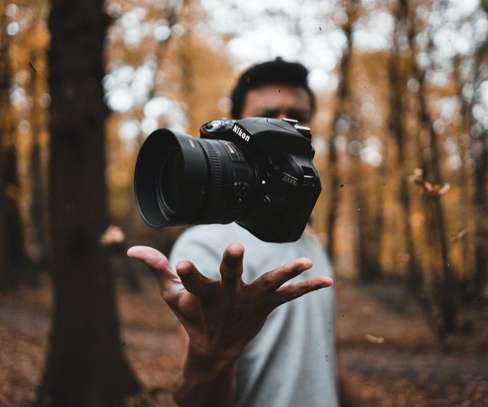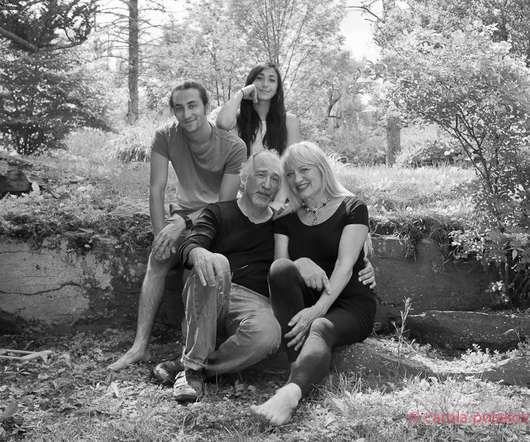How Creative Hobbies Can Help Improve Your Overall Health
Idea to Value
OCTOBER 19, 2021
While traditional forms of self-care like eating a healthy diet and exercising will never go out of style to maintain your health, have you ever considered how creative hobbies can better your well-being, too? . Maybe you’re a naturally creative person. The Healing Properties of Creativity.
















Let's personalize your content